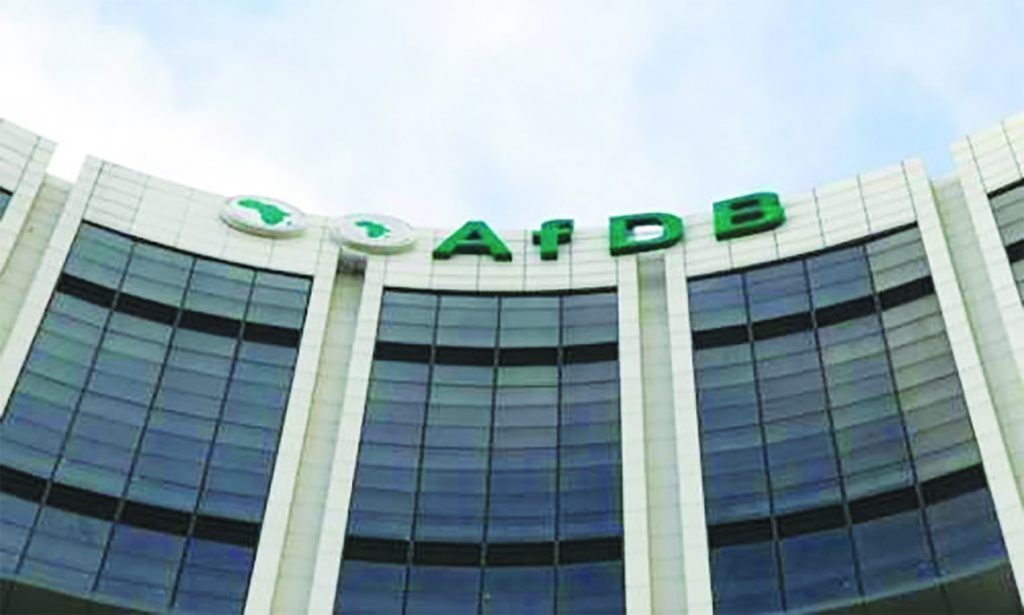The African Development Bank (AfDB), in collaboration with its partners, has embarked on an ambitious initiative to transform Nigeria’s rural economies through the establishment of Special Agro-Industrial Processing Zones (SAPZs). Eight such zones have already been completed under Phase I of the program, with an additional 28 planned across the country. This initiative, spearheaded by AfDB President Dr. Akinwumi Adesina, is part of a broader continental strategy that encompasses 27 SAPZ sites across 11 African countries. The groundbreaking ceremony for the Oyo State SAPZ, held in Ijaiye, marked a significant milestone in this transformative journey, highlighting the program’s potential to alleviate poverty, create employment opportunities, and drive industrialization through rural development.
The SAPZ program in Nigeria is currently operational in seven states and the Federal Capital Territory (FCT), namely Kaduna, Cross River, Oyo, Ogun, Kwara, Kano, Imo, and the FCT. The AfDB aims to expand the program to encompass 23 more states by 2027, with 10 slated for approval by the AfDB board by October 2025. This ambitious expansion reflects the program’s commitment to achieving balanced development across Nigeria. The financing for the SAPZ program is a collaborative effort, with contributions from the AfDB, Islamic Development Bank, International Fund for Agricultural Development, and both the Nigerian federal and state governments. Phase I of the program has secured a total funding of $538 million, demonstrating the substantial investment being made in this transformative initiative.
Oyo State, chosen as a strategic location for the SAPZ due to its proximity to Lagos, abundant arable land, and well-developed infrastructure, will serve as a crucial hub for agricultural processing and development. With over 90% of its 28,454 square kilometers classified as arable land and a population nearing 8 million, Oyo State possesses significant agricultural potential. Its proximity to Ibadan, along with strong connections to the Obafemi Awolowo Railway Station and the modernizing international cargo airport, further enhances its strategic importance. The designated 300-hectare SAPZ site in Ijaiye will concentrate on cassava, maize, poultry, soybeans, and horticulture, while the state is simultaneously developing a larger 2,800-hectare agribusiness hub with an Agricultural Transformation Centre in Eruwa. The AfDB has committed a $37 million funding package to support both projects, demonstrating its commitment to fostering agricultural development within the state.
The success of the SAPZ initiative hinges on key policy actions from the Federal Government, including the designation of all SAPZs as Presidential Priority Projects and granting them export-free zone status. These measures are crucial for attracting investment and stimulating export-led growth. The SAPZ model distinguishes itself through its peri-urban location strategy, designed to induce structural transformation and address the pervasive issue of poverty, which hinders economic growth. The emphasis on a “Government-catalyzed, Private Sector Driven” approach is a key differentiator from previous Special Economic Zones, many of which have faltered due to weak ownership structures. This public-private partnership model is essential for ensuring the long-term sustainability and effectiveness of the SAPZs.
The SAPZ initiative is directly aligned with Nigeria’s national economic goals, particularly the ambition to achieve a $1 trillion economy by 2030. To reach this target within the next decade, Nigeria needs to achieve a per capita GDP growth rate of 14.7%. The SAPZs are positioned as key drivers of this accelerated growth, providing a practical pathway towards achieving this ambitious goal. Global examples from countries like China, Vietnam, and South Korea, which have successfully leveraged industrial parks to drive economic transformation, underscore the potential of this approach. The significant number of industrial parks in these countries, ranging from over 700 in Vietnam to nearly 3,000 in China, highlights the scale of their commitment to industrial development.
The Oyo SAPZ groundbreaking ceremony, attended by key figures including AfDB President Dr. Akinwumi Adesina, Oyo State Governor Seyi Makinde, development partners, senior government officials, and private sector leaders, signifies the importance of this initiative and the broad support it has garnered. The SAPZ program, a flagship initiative under the AfDB’s Feed Africa strategy, aims to expand market access, stimulate investment, and transform rural economies through inclusive agro-industrial growth. The Oyo State SAPZ marks the southwest region’s entry into this transformative program, reaffirming the AfDB’s dedication to fostering balanced development across Nigeria. The collaborative efforts between government bodies, development partners, and the private sector are crucial for the program’s success and its contribution to Nigeria’s economic growth and development.














